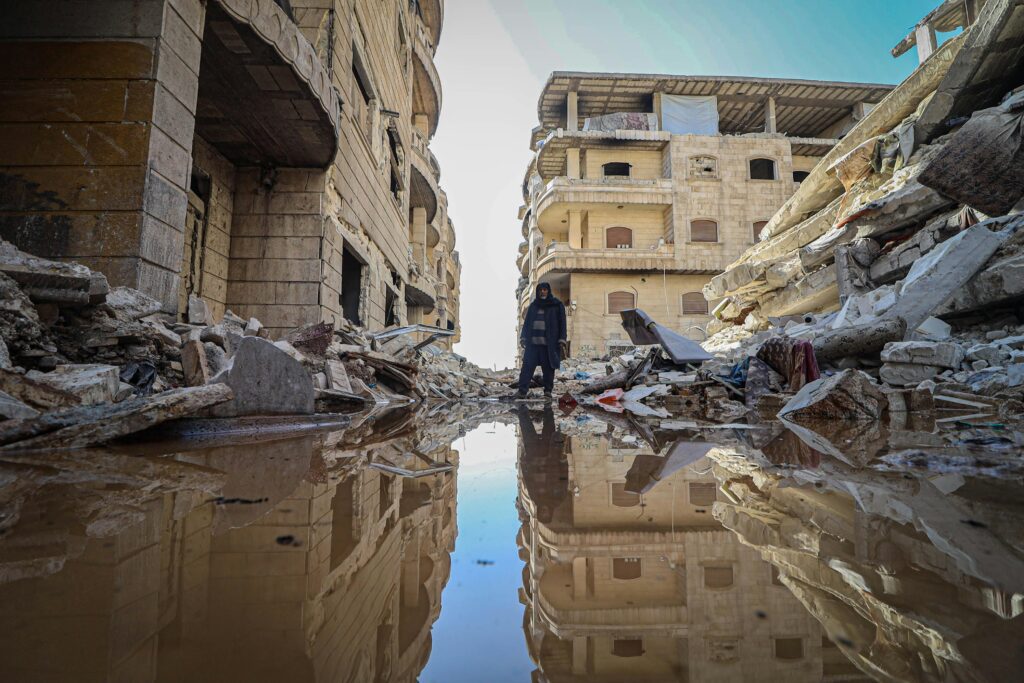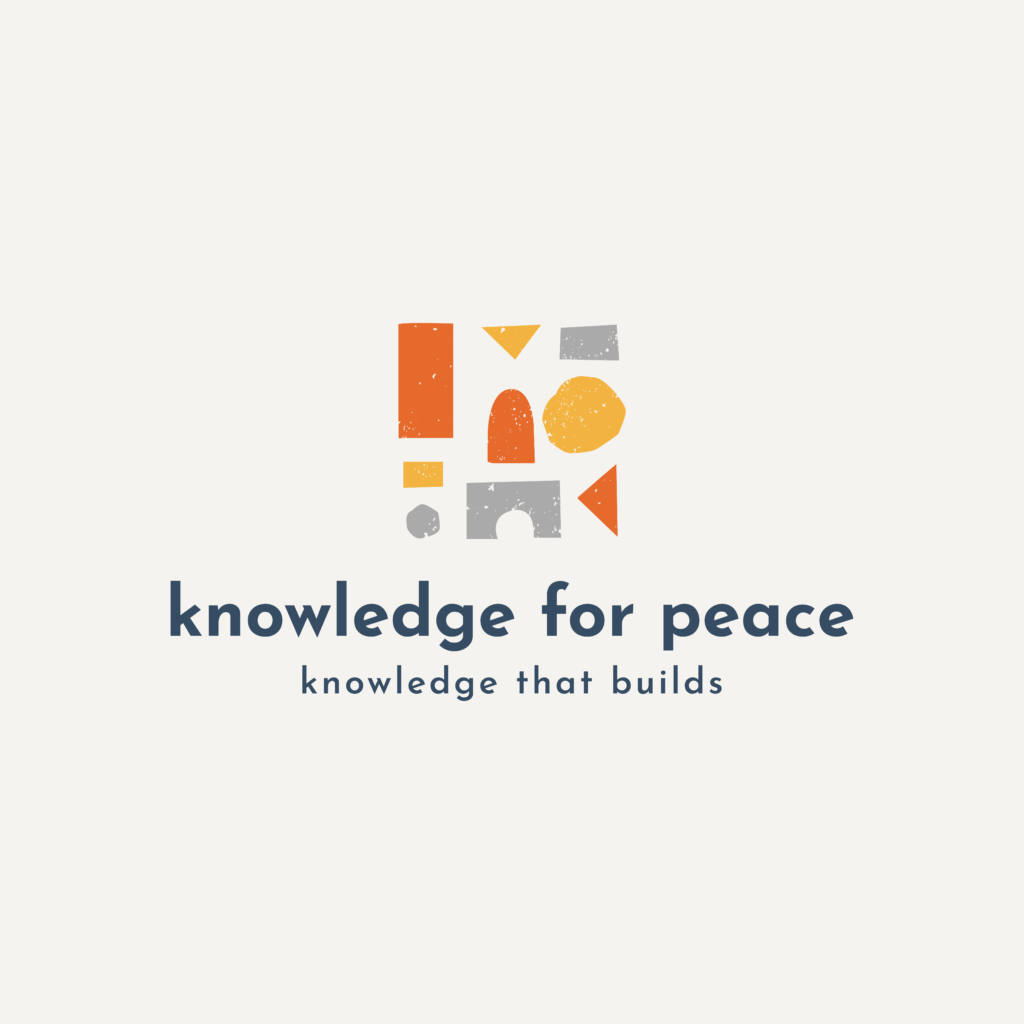Security & Stabilization
In post-war settings, security and stabilization are essential pillars for creating an environment where peace can take root and flourish. This approach is one of the four pillars embraced by Knowledge4Peace, and it focuses on reinforcing the rule of law, restoring public order, and ensuring that security structures are accountable to the population. Security Sector Reform (SSR) is a key element in this pillar, as it aims to restructure the security institutions—such as the military, police, and judiciary—to ensure they contribute to long-term peace and stability rather than perpetuating cycles of violence.
SSR is vital in post-war environments because security institutions often play a dual role in either upholding or undermining peace. In conflict-affected regions, security forces are frequently used to serve authoritarian regimes or protect specific groups rather than the general population. This creates mistrust among communities and weakens the state’s ability to foster social cohesion. Therefore, SSR focuses on ensuring that security forces are reformed to become professional, accountable, and aligned with democratic governance. By doing so, it builds the state’s monopoly on the legitimate use of force, which is critical to stabilization.
Security and stabilization in post-war settings are not merely about rebuilding armed forces or police. They involve addressing the underlying issues that contribute to insecurity, including weak governance, corruption, and human rights violations. This comprehensive approach is reflected in the SSR model, which incorporates both governance reforms and the technical capacity building of security institutions. The goal is not only to make these institutions more effective but also to ensure they operate within a legal and ethical framework that prioritizes human security over regime security.
A key example of this approach can be seen in countries like Sierra Leone, where post-conflict SSR focused on demobilizing combatants, rebuilding the military, and establishing civilian oversight. The reforms helped transition the country from a state of instability to relative peace by ensuring that the security sector no longer served narrow interests but the population as a whole. Similar efforts have been made in Afghanistan and Iraq, though these have faced challenges due to the complexity of ongoing conflicts and the involvement of international actors with differing agendas.
The role of SSR in post-war stabilization is underscored by its emphasis on human security—a concept that shifts the focus from protecting the state to protecting individuals and communities. This shift is crucial because, in many post-conflict settings, people feel more threatened by state security forces than protected by them. Reforming these forces to prioritize human rights and the rule of law is essential to restoring trust between the state and its citizens.
SSR is also critical for preventing the resurgence of violence. Without effective and accountable security institutions, peace agreements and political settlements can quickly unravel, as seen in various post-conflict scenarios. Security sector institutions need to be part of a broader stabilization strategy that includes economic recovery, governance reform, and social reconciliation. Stabilization efforts often involve interim measures, such as deploying peacekeepers or external security forces, but these should be seen as temporary solutions. The long-term goal must be to build national capacity to manage security internally, which SSR seeks to achieve by creating sustainable security frameworks that integrate both military and civilian components.
At Knowledge4Peace, security and stabilization are viewed through this lens, with a focus on how local actors can take ownership of security reforms to ensure that they reflect the needs of the population. SSR offers a pathway to stability, but it must be adapted to the unique political and social contexts of each post-war society. Importantly, these reforms are not just about disarmament and restructuring; they are about creating institutions that can sustain peace by being transparent, accountable, and responsive to the people they serve.
In conclusion, security and stabilization are fundamental to post-war recovery, and SSR is the mechanism through which these goals can be achieved. It ensures that security institutions are reformed to contribute to peace rather than undermine it. By integrating human security into the core of SSR, Knowledge4Peace emphasizes the importance of creating security structures that protect individuals and communities, laying the groundwork for a stable and just society.
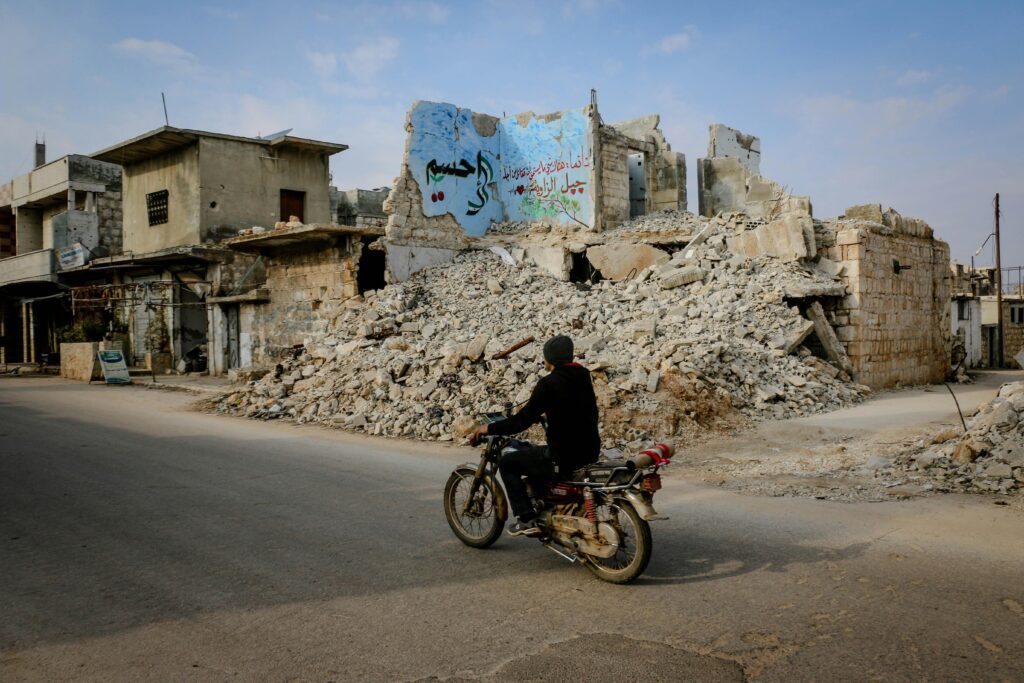
أهمية عمليات ترسيخ الاستقرار وإعادة الإعمار في أعقاب الحروب – The Importance of Stabilization and Reconstruction Operations in Post-War Periods
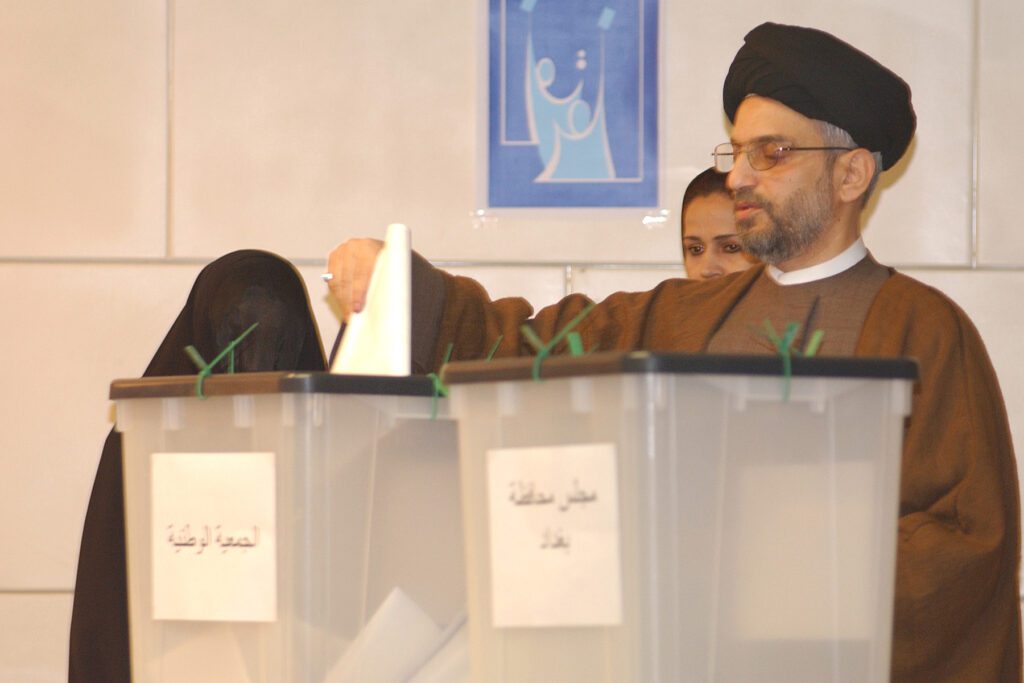
الانتخابات بعد الحروب: تعزيز للاستقرار أم طريق لعودة العنف؟ – Post-War Elections: Stability Reinforcement or a Pathway to Renewed Violence?

دور الإعلام في مرحلة ما بعد العنف نحو الديمقراطية والاستقرار – The Role of Media in the Post-Violence Transition Towards Democracy and Stability
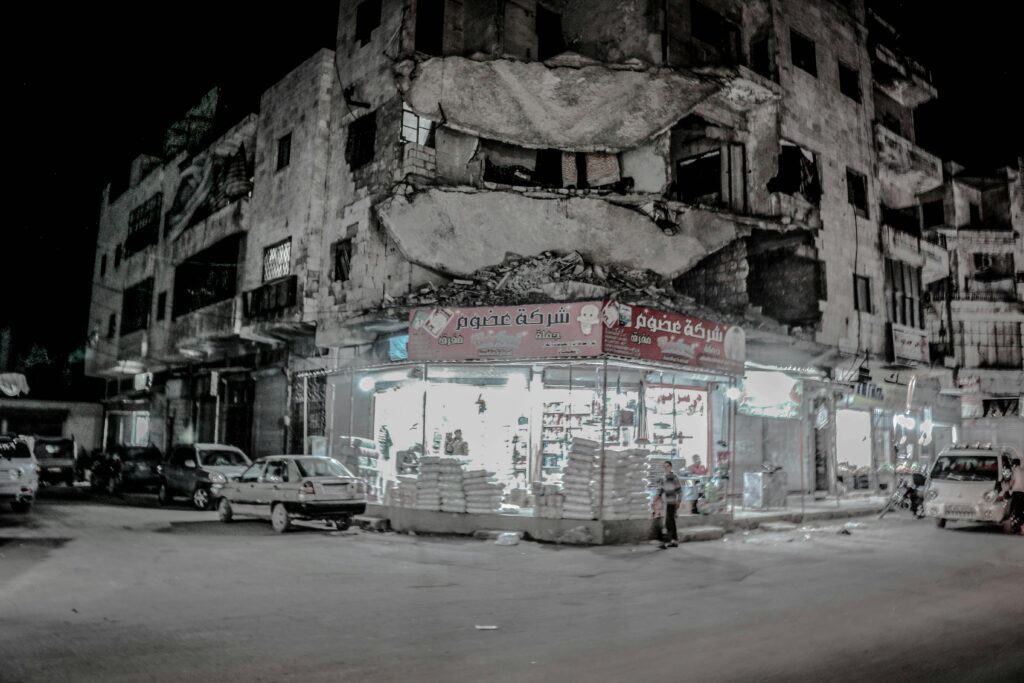
هل ينتهي العنف بتوقيع اتفاقية سلام؟ تجربة الشعوب في الانتقال نحو الديمقراطية – Does Violence End with a Peace Agreement? The Experience of Nations Transitioning to Democracy
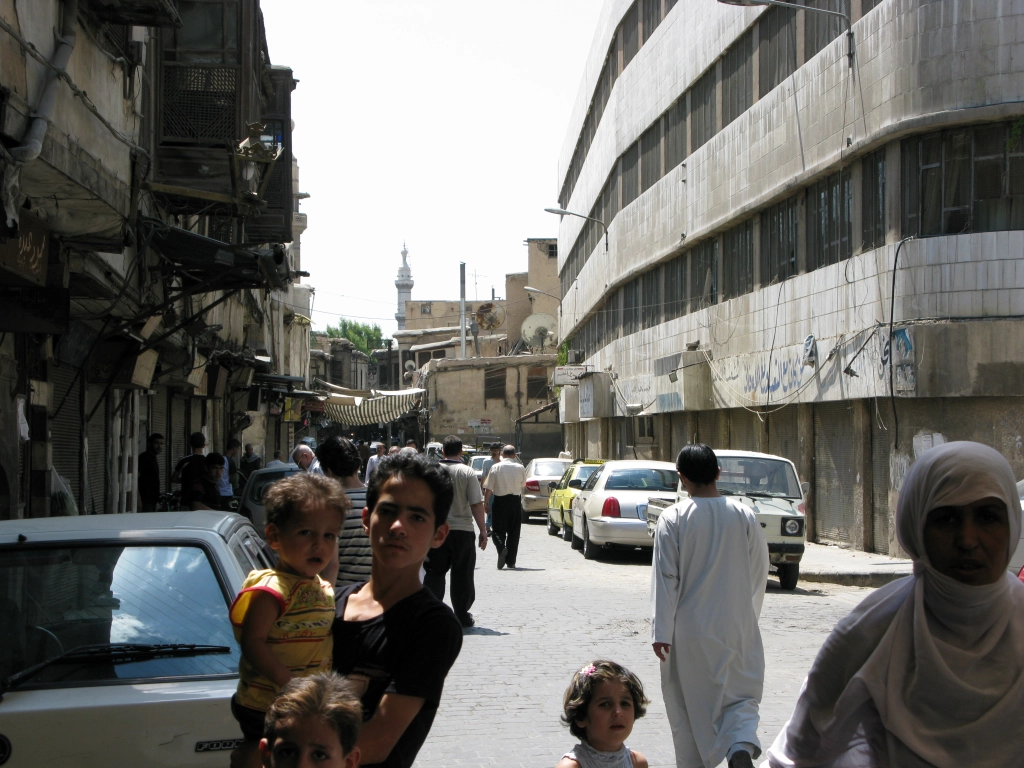
التحديات في بناء الدولة والديمقراطية في مرحلة ما بعد الحرب – Challenges of State-Building and Democracy-Building in Post-Conflict Phases
